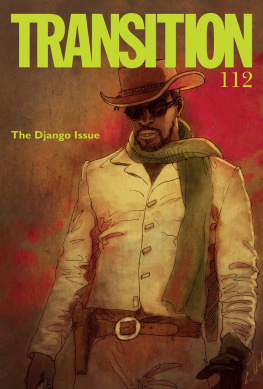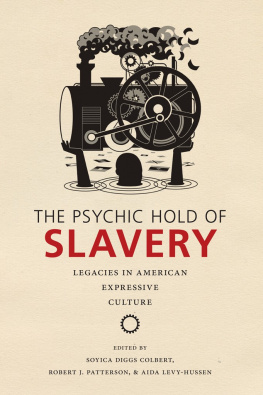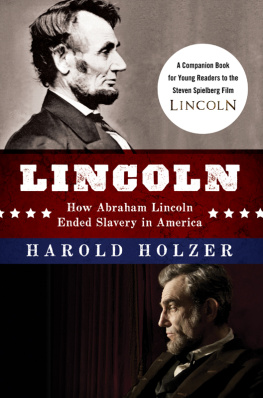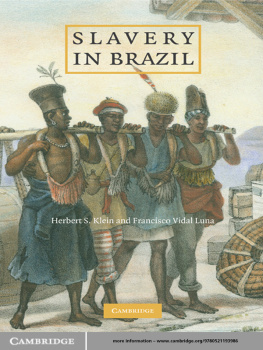IU Press Journals - Transition 112: The Django Issue
Here you can read online IU Press Journals - Transition 112: The Django Issue full text of the book (entire story) in english for free. Download pdf and epub, get meaning, cover and reviews about this ebook. year: 2015, publisher: Indiana University Press, genre: Detective and thriller. Description of the work, (preface) as well as reviews are available. Best literature library LitArk.com created for fans of good reading and offers a wide selection of genres:
Romance novel
Science fiction
Adventure
Detective
Science
History
Home and family
Prose
Art
Politics
Computer
Non-fiction
Religion
Business
Children
Humor
Choose a favorite category and find really read worthwhile books. Enjoy immersion in the world of imagination, feel the emotions of the characters or learn something new for yourself, make an fascinating discovery.
- Book:Transition 112: The Django Issue
- Author:
- Publisher:Indiana University Press
- Genre:
- Year:2015
- Rating:3 / 5
- Favourites:Add to favourites
- Your mark:
Transition 112: The Django Issue: summary, description and annotation
We offer to read an annotation, description, summary or preface (depends on what the author of the book "Transition 112: The Django Issue" wrote himself). If you haven't found the necessary information about the book — write in the comments, we will try to find it.
Published three times per year by Indiana University Press for the Hutchins Center at Harvard University, Transition is a unique forum for the freshest, most compelling ideas from and about the black world. Since its founding in Uganda in 1961, the magazine has kept apace of the rapid transformation of the African Diaspora and has remained a leading forum of intellectual debate.
In issue 112, the editors of Transition look at violence, particularly as it relates to the history of slavery, which raises the question of representation. Textbooks and television both grapple with the same fundamental questions: to whom do the stories of slaves belong? How should these stories be told? In this issue, Daniel Itzkovitz talks with Tony Kushner about the controversy that surrounded the making of Lincoln, a serious and sober film about the passage of the 13th Amendment. Django Unchained covers the same time period but uses a wildly different lens. The film is terrifying and topsy-turvy, and has ignited controversy that became a white-hot conflagration. Henry Louis Gates, Jr. speaks with Quentin Tarantino about the making of his film, and a host of scholars and critics, including Walter Johnson, Glenda Carpio, and Terri Francis, set the issue ablaze with provocative and searing commentary that speaks to the controversial film and its potent afterlife.
IU Press Journals: author's other books
Who wrote Transition 112: The Django Issue? Find out the surname, the name of the author of the book and a list of all author's works by series.






 TRANSITION 112
TRANSITION 112